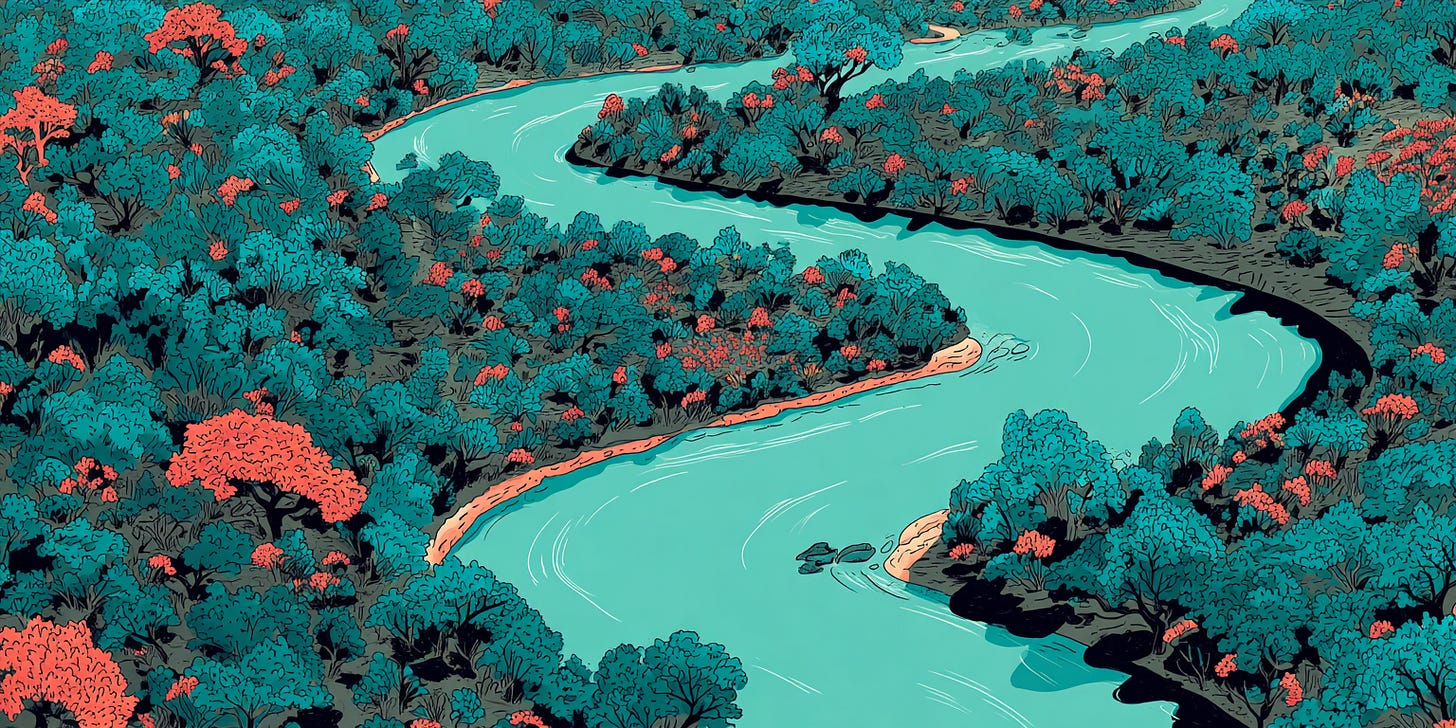8 profound life lessons from the book ‘Siddhartha’ that improved my life
Hermann Hesse wrote Siddhartha over a century ago.
It’s wisdom wrapped in a fiction story that feels like therapy.
I’ve read it twice since then, which is rare for me. I don’t usually revisit books. But Siddhartha keeps pulling me back.
The story follows Siddhartha, a young Brahmin who has everything. He has the looks, intelligence, and a clear path to suc…



